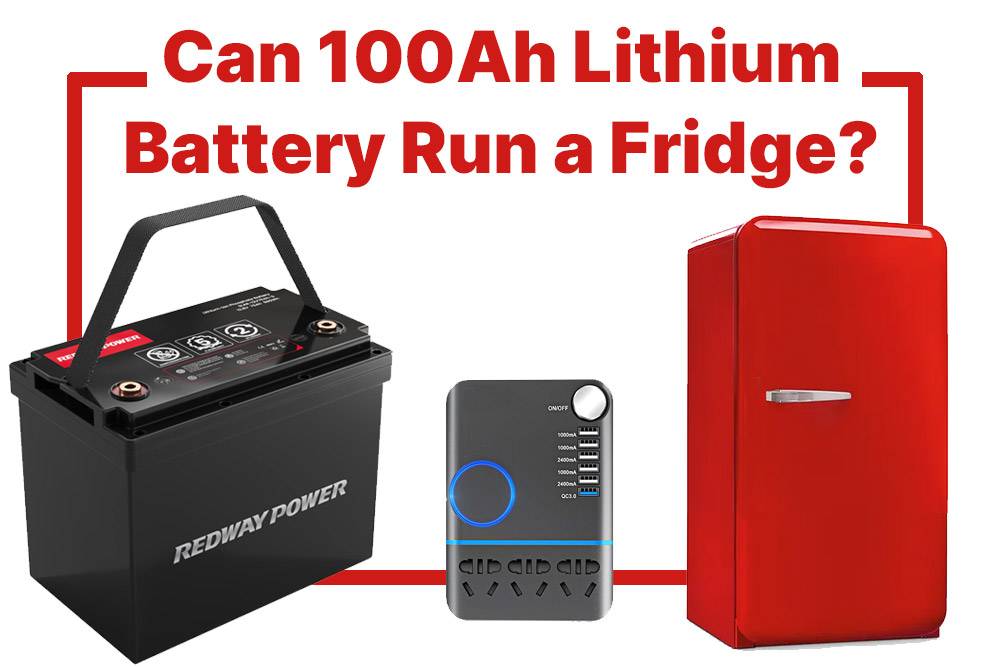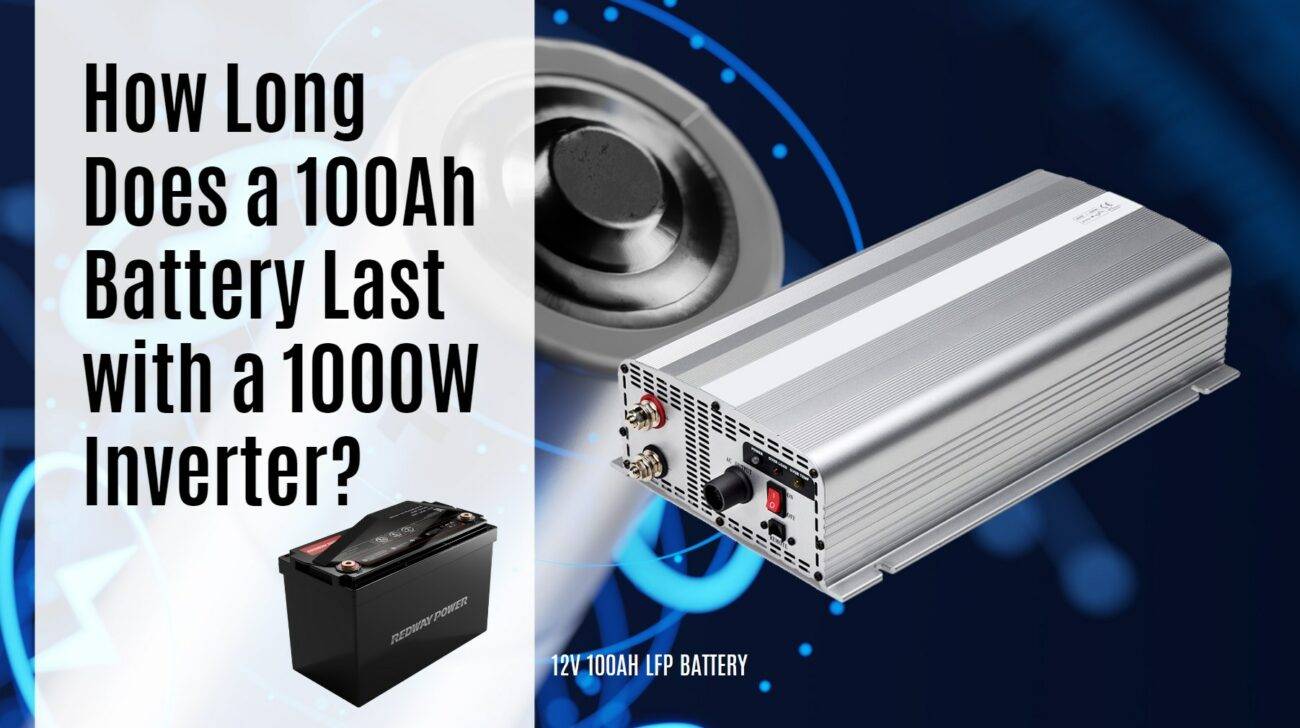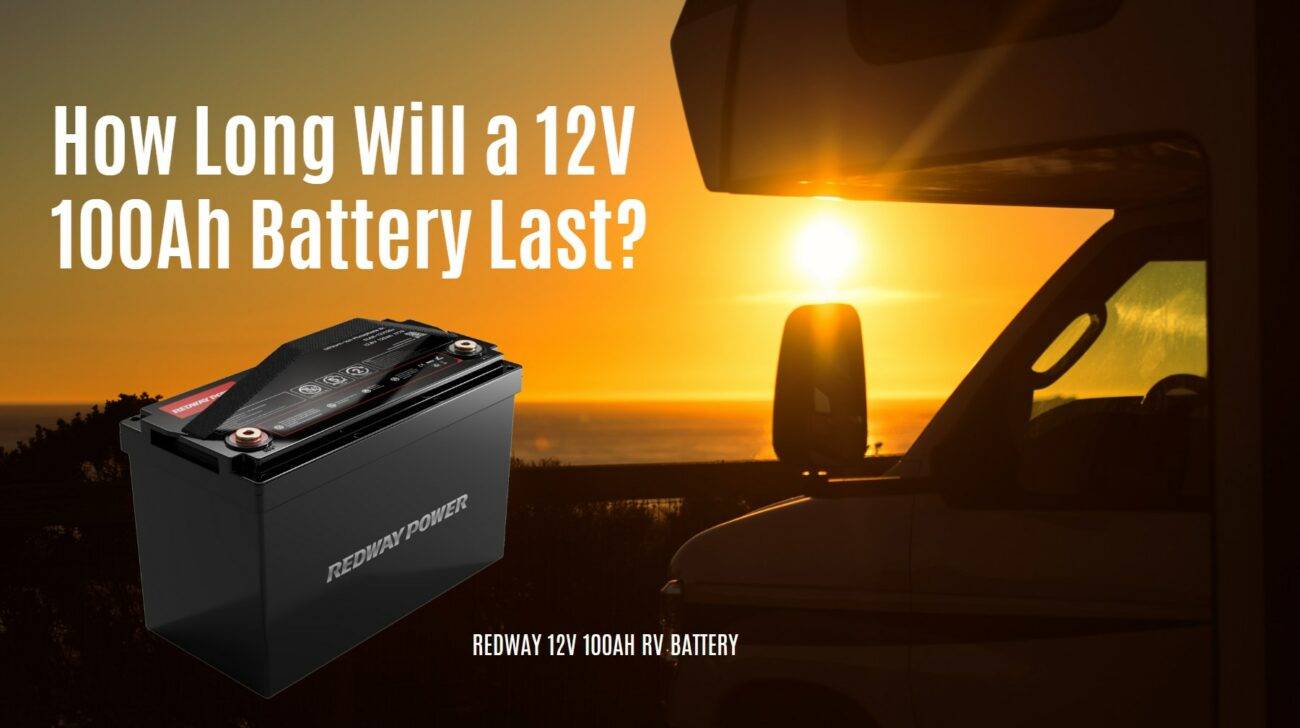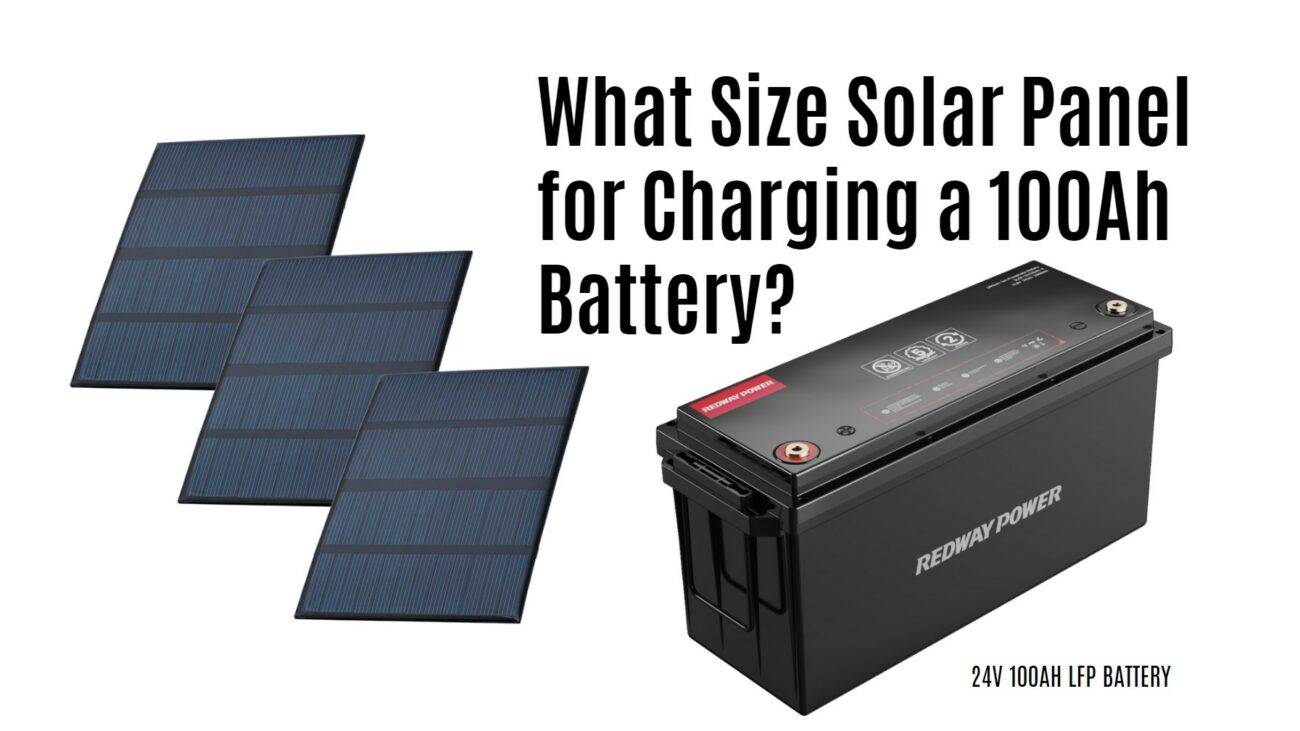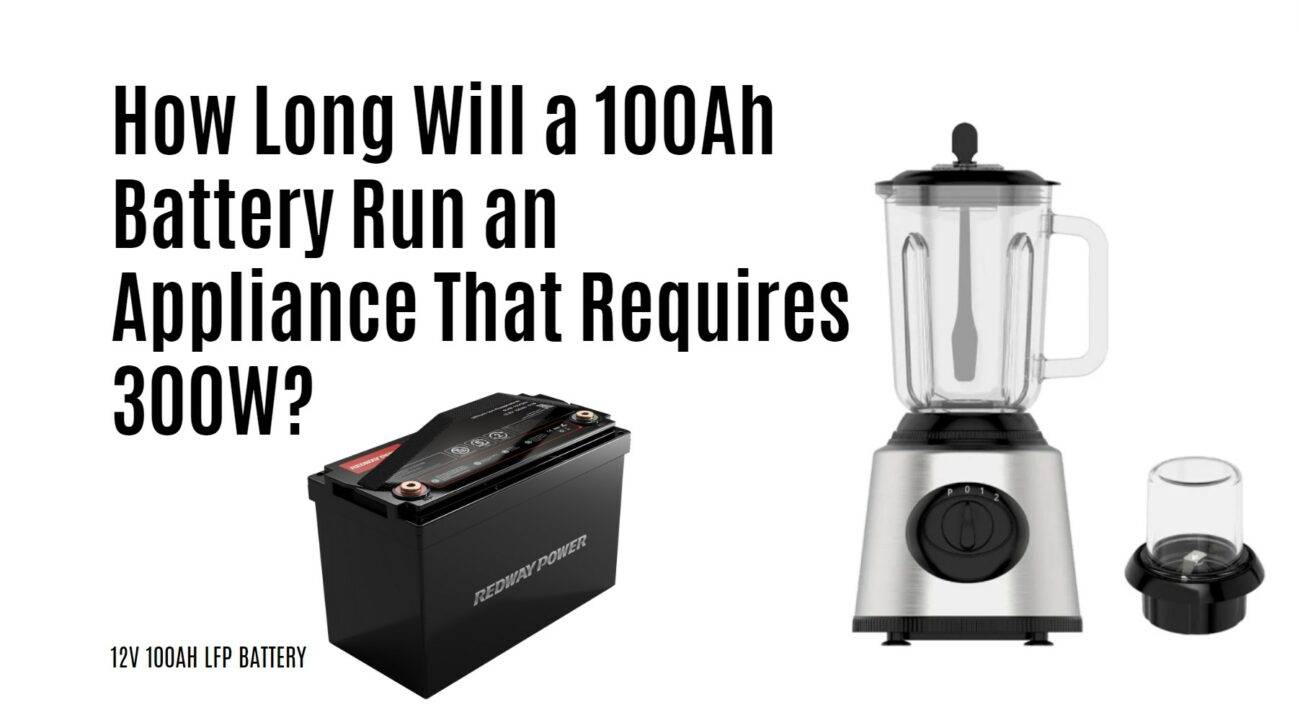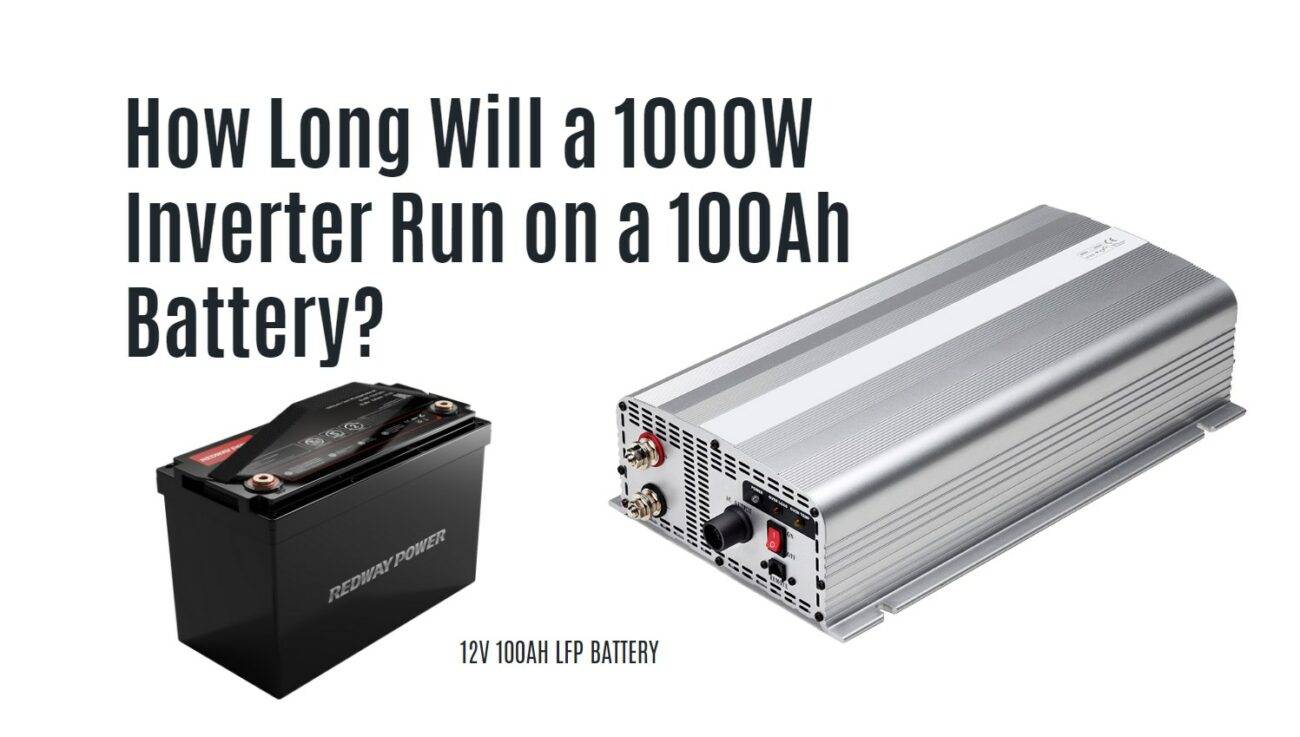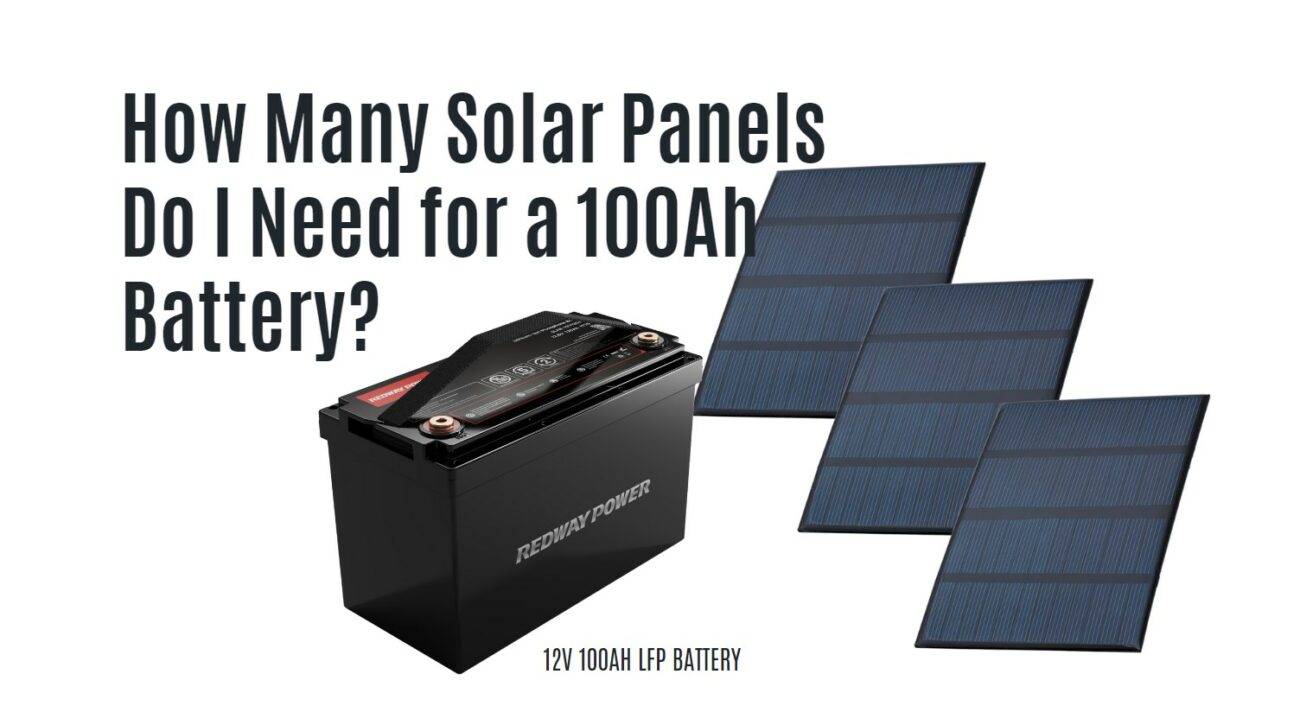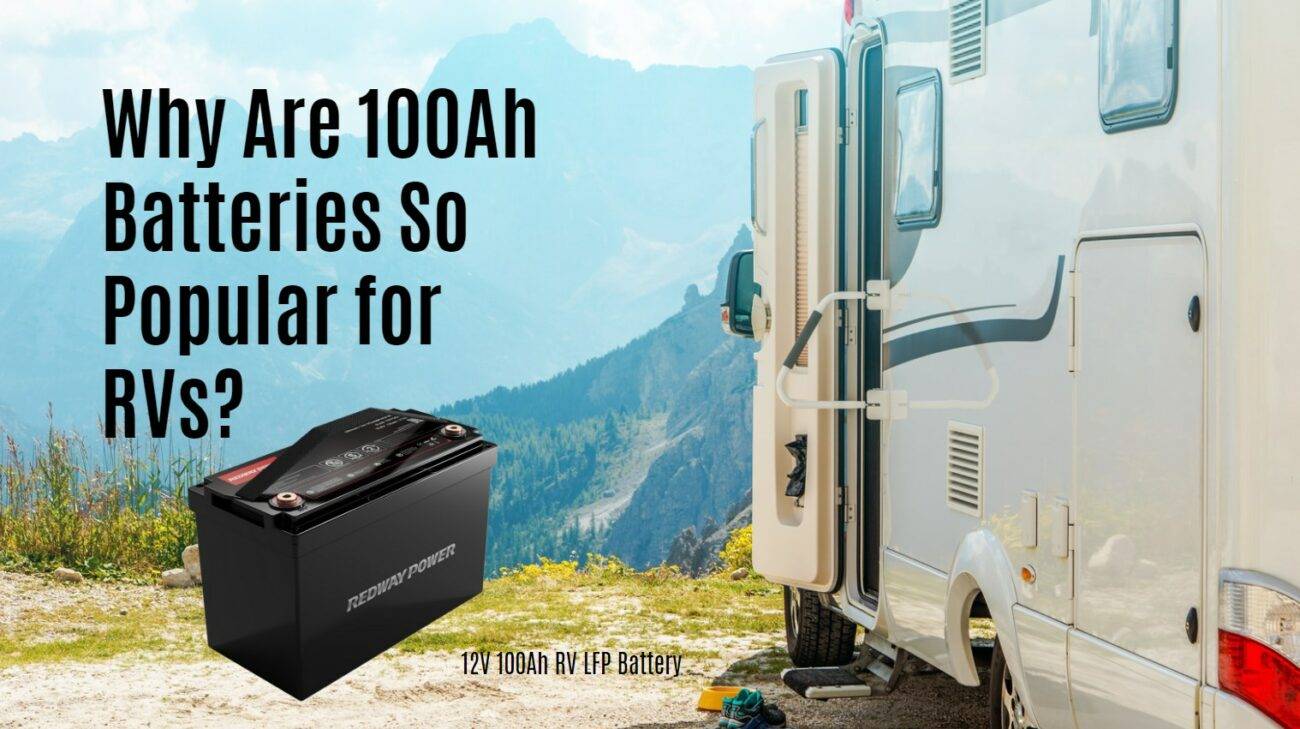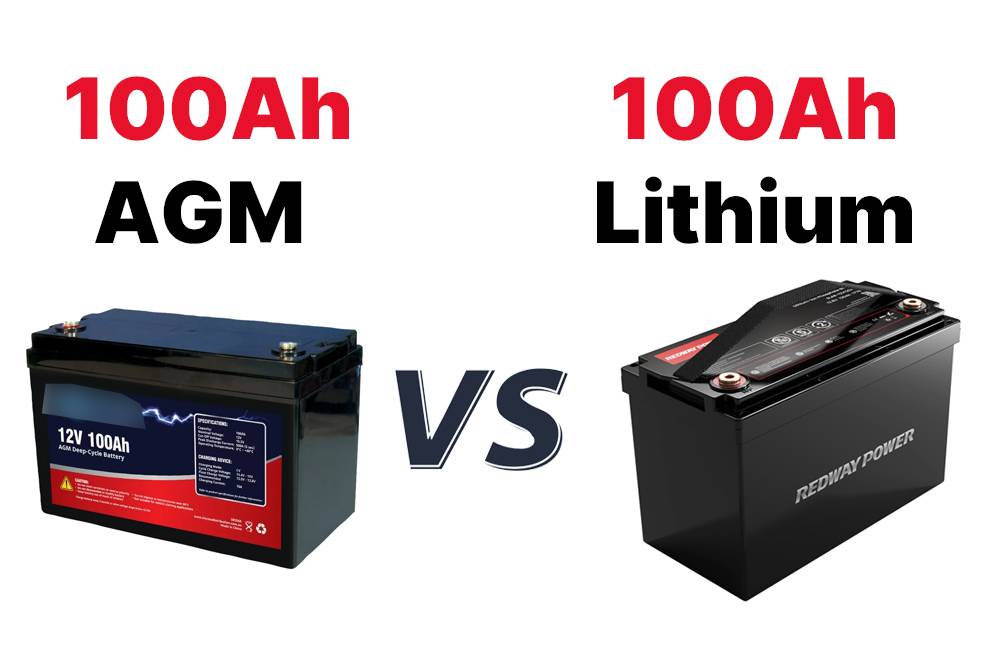Choosing the right battery for a refrigerator requires understanding the technical specifications, such as the ampere-hour (Ah) rating, which indicates the battery’s capacity. An ampere-hour represents the amount of charge a battery can deliver in one hour, making it a crucial factor for sustaining appliances like refrigerators. Manufacturers often provide this vital information to ensure that customers select a battery that aligns with the energy demands of their devices.
A 100Ah lithium battery stands out in the market due to its robust features, including a longer cycle life and better efficiency compared to other types. Such a battery is capable of running a fridge for a considerable amount of time, making sure that its operational capacity is well-suited to the refrigerator’s power consumption. To optimize the performance of a battery in this context, it’s beneficial to consider energy-saving strategies, such as adjusting the fridge’s temperature settings and utilizing supplementary power sources like solar chargers.
Understanding Ampere-Hour (Ah) Significance in Battery Capacity
An ampere-hour (Ah) represents a battery’s electrical charge capacity, measuring its ability to sustain a current over time. It is a critical factor in determining how long a battery can operate before it needs recharging.
- Capacity and Duration: A battery’s Ah rating conveys its storage capacity. For example, a battery rated at 100Ah can provide a current of 100 amps for one hour or 1 amp for 100 hours.
- Assessment for Appliances: When powering appliances like refrigerators, one must consider their energy requirements. A fridge’s operational efficiency depends on attributes like the type of compressor and insulation.
- Influencing Factors: Battery performance is subject to variables including the surrounding temperature and stability of battery voltage. These must be factored into the selection process.
- Tailored Energy Solutions: A standard 100Ah lithium battery is often suitable for refrigerators, but unique conditions may necessitate a different battery size or an alternative energy source.
In summary, understanding the Ah rating is vital to ensure a battery meets the specific electric demand of an appliance, such as keeping food chilled reliably.
Choosing the Right Battery for Refrigeration
When outfitting a refrigerator with a suitable battery, one must weigh critical considerations to ensure uninterrupted and efficient functionality.
- Energy Storage: The battery’s ampere-hours (Ah) gauge how it will sustain the appliance, with higher Ah offering longer runtimes.
- Compatibility Voltage: Select a battery with the appropriate voltage, favoring the common 12V or 24V DC for most refrigeration units.
- Type of Battery: Lithium iron phosphate (LiFePO4) batteries are preferred due to their superior energy density and longevity.
- Physical Attributes: A battery’s dimensions and weight are important for those needing mobility, such as in RV or camping situations.
- Operational Safety: Integral features like overcharge protection and thermal regulation are crucial for a battery’s safe and efficient use.
Attention to these parameters will equip any refrigerator, whether a compact model or a heavy-duty kitchen fridge, with a reliable power source capable of weathering various conditions, including power outages.
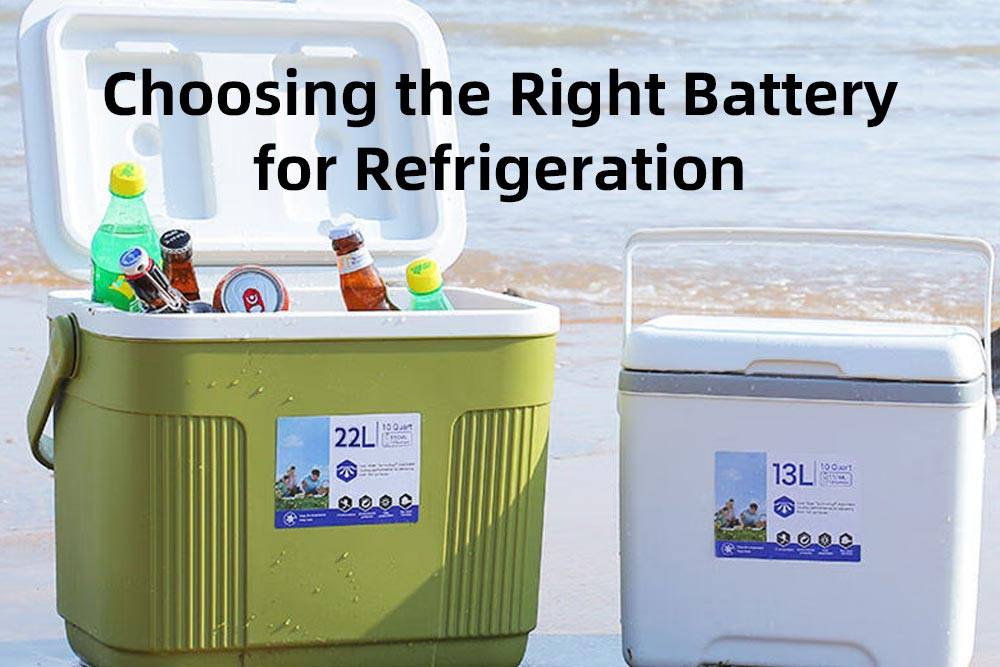
The 100Ah Lithium Battery: Features and Specifications
- Battery Performance: The 100Ah lithium battery is a robust power source capable of lengthy operation times for appliances, such as refrigerators.
- Physical Attributes: This battery type is notably portable and easy to handle due to its compact size and reduced weight compared to traditional lead-acid deep-cycle batteries.
- Operating Voltage: Ensures consistent performance with an operational range from 12V to 14.8V.
- Durability: Designed for longevity, with a significant number of charge-discharge cycles, far exceeding that of standard batteries.
- Depth of Discharge (DoD): Engineered to handle deep-cycle operations while maintaining a healthy state of charge.
Optimization Tips:
- Ensure adequate insulation to the refrigerator.
- Adjust temperature settings for efficiency.
- Limit the frequency of door openings.
- Pair with solar panels for continuous charging, particularly while mobile.
Real-life Applications of a 100Ah Lithium Battery for Refrigeration
- Outdoor Excursions: 100Ah lithium batteries are a boon for campers, ensuring their perishables stay cold in places without access to power.
- Power Interruptions: They are a dependable energy reserve, keeping critical medication cool during unexpected electricity outages.
- Recreational Vehicles: They support the refrigeration needs of RV enthusiasts, allowing for self-sufficient travel away from power sources.
These batteries offer not only a sufficient runtime for refrigerators but also the peace of mind that comes with consistent energy consumption management on the go.
Maximizing 100Ah Lithium Battery Performance for Refrigeration
Efficient management of energy consumption is crucial when utilizing a 100Ah lithium battery to power a refrigerator. Adhering to certain practices can significantly improve battery longevity and ensure consistent cooling.
- Energy Consumption Awareness: Select refrigerators with high energy efficiency to match the battery’s capacity.
- Strategic Temperature Regulation: Optimize power use by setting the refrigerator at an ideal temperature, avoiding excessive cooling.
- Access Frequency Reduction: To prevent loss of cool air, limit the frequency of refrigerator door openings.
- Enhanced Insulation: Confirm the refrigerator is well-insulated to improve cool air retention.
- Complementary Cooling Methods: During periods of limited power, consider using ice packs or portable coolers as additional cooling aids.
- Charge Cycle Optimization: Adhere to the recommended charging guidelines to preserve the battery life.
- Battery Storage Conditions: Store the battery in an environment with moderate temperatures to maintain optimal function.
- Solar Charging Utilization: Integrate solar panels to charge the solar battery efficiently, especially in off-grid setups, to enhance solar power reliance.
Implementing these measures will substantially maximize the efficiency of a 100Ah lithium battery for powering refrigeration needs.
FAQs
Expected Duration of Refrigeration with a 100Ah Lithium Battery
The duration a refrigerator will run on a 100Ah lithium battery depends on the fridge’s power consumption. Generally, a 100Ah lithium battery could power a fridge for a continuous period ranging from several hours to days.
Typical Operating Time for a 12V Fridge on a 100Ah Lithium Battery
Operating times vary, but a 12V fridge typically might run for approximately 8-10 hours on a fully charged 100Ah lithium battery without recharging, under optimal conditions.
Influencing Factors for Fridge Runtime on a 100Ah Lithium Battery
- Current Draw: The power draw of the fridge in watts.
- Battery Capacity Utilization: Percentage of the battery capacity that can be used without hampering battery life.
- Ambient Temperature: External temperatures can affect fridge efficiency and battery discharge rate.
- Fridge Efficiency: How well the fridge maintains temperature without excessive power use.
- Insulation Quality: Better insulation means less energy required to maintain cold temperatures.
Appropriate Lithium Battery Size for Powering a 12V Fridge
A battery needs to match the fridge’s power consumption and desired runtime. A detailed guide here suggests that battery capacity can range from 50Ah to 400Ah for a 24-hour period, depending on the fridge.
Runtime of an 800W Appliance on a 100Ah Lithium Battery
| Power Draw | Battery Capacity | Runtime Estimate |
|---|---|---|
| 800W Appliance | 100Ah Lithium Battery | 1.5 hours (approx.) |
Hours a 100Ah Lithium Battery Will Last for a 400W Appliance
A simpler calculation for a 400W appliance, where a 100Ah lithium battery might last around:
- 3 hours: Based on direct power draw without considering inverter efficiency losses or other factors.
These estimates should offer a clear understanding of a 100Ah lithium battery’s performance in refrigeration contexts, providing confidence in planning energy requirements for off-grid or backup applications.
Is it advisable to power a small fridge with a single battery?
Powering a small fridge with a single 100Ah lithium battery can be feasible, depending on the fridge’s energy consumption and the battery’s capacity. It is essential to calculate the usable capacity of the battery accurately, considering factors like inverter cutoff voltage.
Remember, refrigerators have varying power requirements, so it’s crucial to select one that aligns with your battery’s capabilities. Additionally, consider using energy-efficient models or adjusting settings to reduce power consumption.
If powering a fridge solely with a battery seems challenging, you may explore alternative cooling options such as portable coolers or ice packs for short-term needs. These alternatives can help preserve perishables without exerting excessive strain on your battery.
Weighing the pros and cons of powering a fridge with a single battery is key to making an informed decision based on your specific energy needs and available resources.
How should the usable capacity of a battery be calculated with an inverter cutoff?
Calculating the usable capacity of a battery when powering a fridge involves understanding the relationship between the battery’s Ah rating and the fridge’s power consumption. To determine how long your battery can run the fridge, consider factors like inverter efficiency and cutoff voltage.
Identify the Ah rating of your lithium battery – for instance, 100Ah. Then, factor in the efficiency of your inverter to calculate how many watts it can deliver consistently over time without draining the battery rapidly.
Next, determine at what voltage level your inverter will cut off to prevent deep discharging of the battery. This cutoff point is crucial for maintaining the longevity of your lithium battery while powering appliances like fridges.
By carefully considering these variables and doing some simple calculations, you can estimate how long a 100Ah lithium battery can power a small fridge before needing a recharge or alternative power source.
How long can a Honda eu2200i generator run on a certain amount of gasoline?
Have you ever wondered how long a Honda eu2200i generator can run on a specific amount of gasoline? Well, the answer lies in the fuel efficiency and capacity of this reliable machine. The Honda eu2200i is known for its impressive runtime per gallon of gasoline, making it an efficient choice for powering various appliances or tools.
With a full tank of gas, this generator can typically run for several hours depending on the load it’s supporting. Factors like the power output required and whether it’s running at full capacity will impact how long it can operate before needing a refill.
If you’re looking to use your Honda eu2200i to power essential devices during an outage or while off-grid, knowing its approximate runtime can help you plan ahead and ensure you have enough fuel on hand to keep things running smoothly.
What are the alternative options suggested for cooling without taxing the battery?
When it comes to powering a small fridge with a 100Ah lithium battery, there are factors to consider such as the usable capacity of the battery and how long it can run before needing recharging. While it is possible to run a fridge on a single battery, it may not be the most efficient option in terms of energy consumption.
To maximize the usage of your battery, calculating the usable capacity considering an inverter cutoff is crucial. This ensures that you do not over-discharge the battery, which can reduce its lifespan. By monitoring the voltage levels and setting an appropriate cutoff point for your inverter, you can effectively manage the power output of your battery.
In comparison, running a Honda eu2200i generator on gasoline provides a reliable alternative for longer periods of cooling without relying solely on batteries. The generator’s fuel efficiency and extended runtime make it suitable for powering appliances like fridges when off-grid or during power outages.
If you prefer alternatives that don’t tax your battery as much, consider options like using ice packs or coolers to keep perishables cold. Solar-powered refrigerators or portable thermoelectric coolers are also viable choices for cooling without draining your battery excessively.
While running a fridge with a 100Ah lithium battery is feasible, exploring other cooling options alongside efficient energy management strategies will help optimize power usage and extend the lifespan of your batteries. Finding the right balance between convenience and sustainability is key when deciding how best to cool your food items off-grid or in emergency situations.

